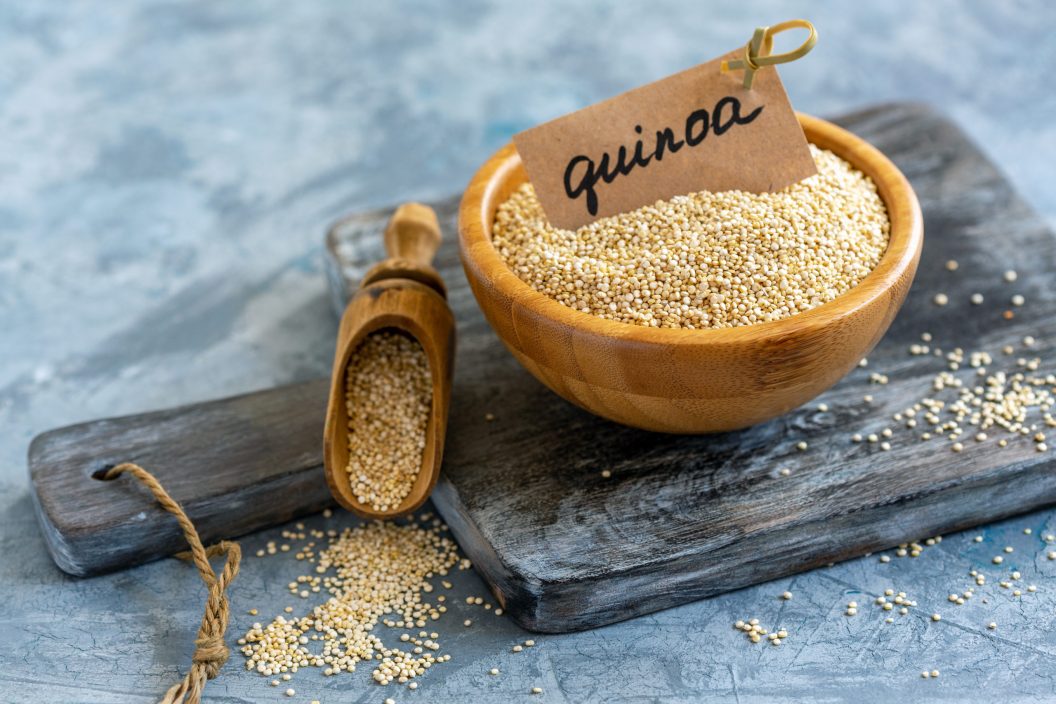This ancient and trendy food has been making headlines for a few years now for its health benefits.
Some of the benefits for humans like the fact that Quinoa is highly packed with trace minerals and vitamins (Vitamin E, Vitamin B12, riboflavin, thiamin, iron, niacin, magnesium, potassium, calcium, phosphorus, and magnesium) have pet parents asking if their dogs should eat it, too.
Quinoa is also rich in antioxidants and can help fight cancer!
What is quinoa?
https://www.instagram.com/p/B8mkevADEcg/
Quinoa is a gluten-free seed. It's a light form of starch that contains complex carbohydrates and several essential amino acids. Quinoa is low in fat and calories and also contains iron and calcium. It has a high-protein profile for grains.
Can my dog eat quinoa?
Maybe. Many ask whether you can use quinoa instead of steel-cut oats or brown rice.
Experts say that your dog can likely handle it, but start out with modest portions. You can also try dry dog food that contains quinoa. Yet, start our slow and in small quantities!
Health benefits?
Pet Food Reviewer lists these reasons your dog would benefit:
- Quinoa has low cholesterol levels.
- It is highly packed with trace minerals and vitamins.
- It's rich in antioxidants that some believe can fight cancer.
- Quinoa can improve the cardiovascular system.
- This seed can reduce the possibility of your furry friend developing diabetes.
- Quinoa is also a remarkable source of Omega 3 fatty acids.
If your dog has arthritis, skip this grain
Unfortunately, the quinoa seed contains oxalates, which can cause digestive problems for some dogs. Oxalates can also increase inflammation, so it's not a great food for arthritic dogs.
What about saponin?
Quinoa may be a great addition to your dog's diet, but watch out for three major symptoms. This seed also contains a high level of Saponin which can be more harmful to dogs than humans.
Most saponins affect your dog's digestive system and cause diarrhea, vomiting, cramping and pain. The three major symptoms are:
- Diarrhea
- Constipation
- Vomiting
These are not unique to saponin consumption.
This superfood may or may not be a great addition to your dog's diet. You can try quinoa for dogs but you should watch out for any adverse reactions.
What snacks do you feed your dogs? Please leave a comment below!




